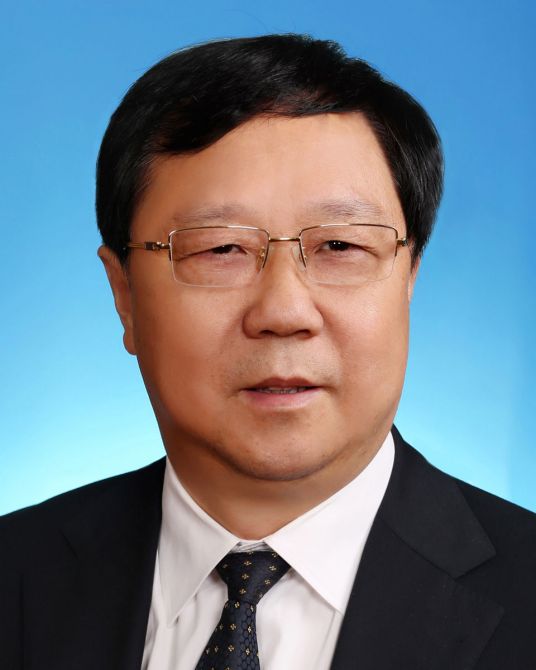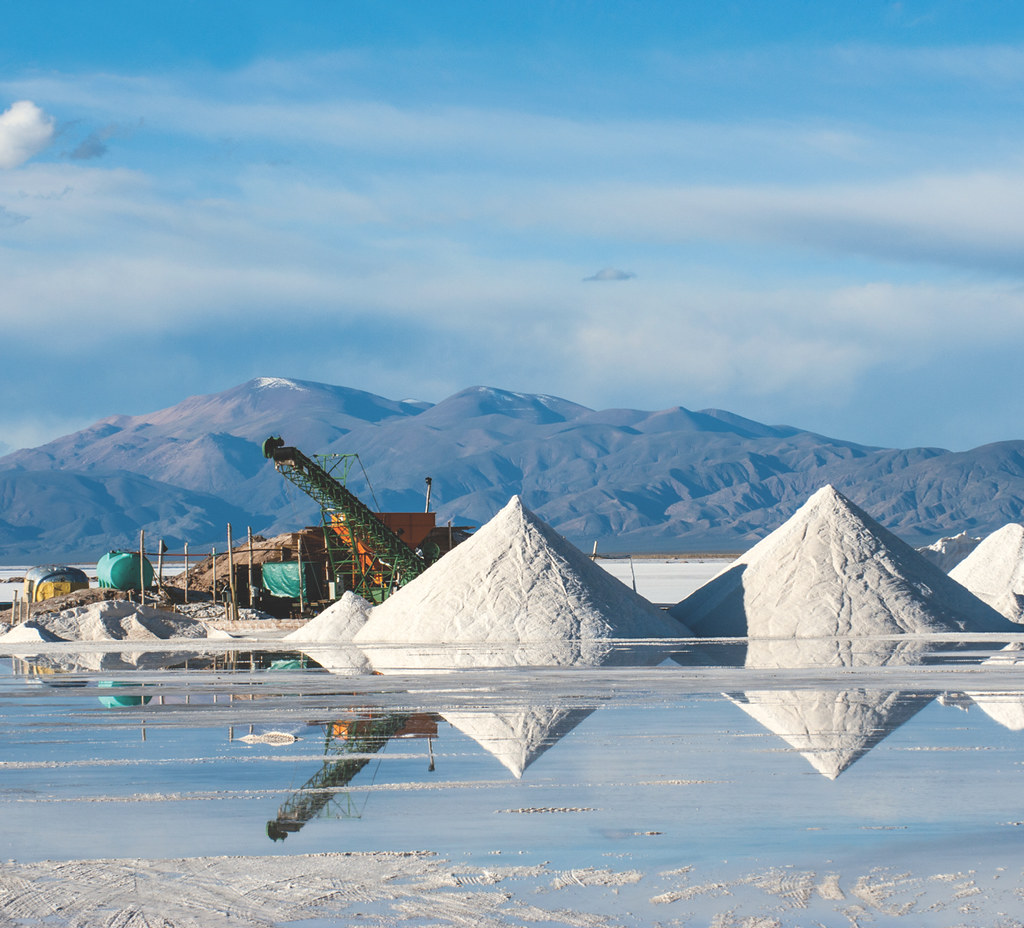
PRC Minister of Natural Resources, Wang Guanghua.
“International geopolitics has become an important factor affecting China’s resource supply.” – Wang Yunmin
In an interview with Chinese party-owned media outlet People’s Daily this January, Chinese Minister of Natural Resources Wang Guanghua explains that Beijing will launch a new round of domestic strategic mineral mining operations to offset dependence on foreign suppliers of critical energy resources. Recent external shocks, including a global pandemic, Russia’s invasion of Ukraine, and a growing trend toward “resource nationalism,” threaten to disrupt Beijing’s access to the strategic minerals necessary to power its economy and military technologies.[i] The new Chinese initiative includes policies to stimulate domestic exploration, prospecting, and processing of raw strategic minerals, with particular emphasis on oil- and gas-bearing basins and key metallogenic belts.[ii] According to the director of the State Key Laboratory of Safety and Health for Metal Mines, Wang Yunmin, around two-thirds of China’s strategic mineral production and supply for minerals like iron, chrome, manganese, cobalt, nickel, copper and oil is highly dependent on foreign sources.
One of Beijing’s greatest concerns over strategic minerals lies in its ability to transition energy supply from fossil fuels like oil, gas, and coal to cleaner alternatives. China is the world’s single largest consumer of lithium-ion batteries, relying on them to not only power its electric car and renewable energy industries, but also military weaponry, including drones and submarines.[iii] Three core ingredients for the lithium-ion battery traditional recipe include cobalt, lithium, and nickel.
China’s critical mineral supply faces challenges from resource rich countries where local governments have announced restrictions on mining and exports of cobalt, lithium, and nickel. Argentina, Bolivia, Chile, and Zimbabwe are among China’s top lithium supplier states while the Democratic Republic of the Congo (DRC) and Indonesia are among its largest cobalt and nickel suppliers respectively. Argentina, Bolivia, and Chile, collectively known as the ‘lithium triangle’ for their prospected vast lithium reserves, are reportedly discussing a possible OPEC-like agreement for lithium.[iv] In December 2022, Indonesia and Zimbabwe announced export restrictions requiring firms to processing raw materials in-country.[v] While Chinese lithium-ion battery production firms like CATL and SVOLT have recently reported production of lithium-ion batteries that rely on little or no nickel or cobalt, China is still far off from integrating these technologies across its military-economic structure.[vi]
Sources:
Shi Yimin (施毅敏), “工程院院士:中国战略性矿产对外依存度高地缘政治影响资源供给 (Chinese Academy of Engineering Scholar: High Degree of Chinese Foreign Dependence on Strategic Mineral Production, Geopolitics Influencing Resource Supply),” Caixin News (Beijing-based Chinese non-state media organization), 24 December 2022. https://companies.caixin.com/m/2022-12-24/101981473.html
Wang Yunmin introduced, Chinese foreign dependence on 10 types of minerals exceeds 50%. Among these, iron ore at 82%, chrome ore at 98%, manganese ore at 96%, cobalt ore at 95%, nickel ore at 90%, and both copper ore and oil at 78%. Wang said, “This determines the external environment’s strong influence over China’s resource supply and production.”
“优化要素保障 建设美丽中国 (Optimizing Factors to Ensure Construction of a Beautiful China),” People’s Daily (official newspaper of the Central Committee of the Chinese Communist Party), 5 January 2023. http://politics.people.com.cn/n1/2023/0105/c1001-32599955.html
China has a high degree of foreign dependence on some important mineral resources, and once the international situation changes, it will certainly affect economic security or even national security.
A new round of domestic prospecting for strategic minerals will be launched in an all-round way. The focus will be on strategic minerals, particularly important oil and gas-bearing basins and key metallogenic belts. New policies will be implemented to promote exploration, prospecting and processing.
Notes:
[i] Resource nationalism (资源民族主义) refers to the tendency of people and governments to assert control over natural resources located within their territories.
[ii] In 2021, the Ministry of Industry and Information Technology published its plan to facilitate the development of the country’s raw materials industry during the 14th Five-Year Period (2021-2025).
[iii] For more on China’s use of lithium-ion batteries in military weaponry, see: Stephen Chen, “China’s submarine fleet may soon be powered by lithium batteries,” 29 October 2022, South China Morning Post, https://www.scmp.com/news/china/science/article/3197670/chinas-submarine-fleet-may-soon-be-powered-lithium-batteries; Zhang Tong, “Chinese scientists’ new gel filling could triple lifespan of lithium batteries for EVs, drones,” 4 November 2022, South China Morning Post, https://www.scmp.com/news/china/science/article/3198333/chinese-scientists-new-gel-filling-could-triple-lifespan-lithium-batteries-evs-drones
[iv] Connor Mycroft, “China’s lithium hold won’t be undercut by Opec-style cartel as Argentina, Chile, Bolivia consider alliance,” 5 November 2022, South China Morning Post, https://www.scmp.com/economy/global-economy/article/3198440/chinas-lithium-hold-wont-be-undercut-opec-style-cartel-argentina-chile-bolivia-consider-alliance
[v] For more on recent Indonesia and Zimbabwe’s export restrictions, see: Fransiska Nangoy and Bernadette Christina, “Indonesia confirms bauxite export ban to proceed as scheduled,” 21 December 2022, Reuters, https://www.reuters.com/markets/asia/indonesia-announce-ban-exports-commodity-without-saying-which-2022-12-21/ and “Zimbabwe bans raw lithium exports to curb artisanal mining,” 21 December 2022, Reuters, https://www.reuters.com/world/africa/zimbabwe-bans-raw-lithium-exports-curb-artisanal-mining-2022-12-21/
[vi] Keith Bradsher and Michael Forsythe, “Why a Chinese Company Dominates Electric Car Batteries,”” 22 December 2021, The New York Times, https://www.nytimes.com/2021/12/22/business/china-catl-electric-car-batteries.html and “Completely Cobalt-Free Battery Cells from SVOLT Available for Order Now,” 2 February 2021, SVOLT, https://svolt-eu.com/en/completely-cobalt-free-battery-cells-from-svolt-available-for-order-now/
Image Information:
Image: PRC Minister of Natural Resources, Wang Guanghua
Source: Chinese Government, https://baike.baidu.com/item/王广华/69366
Attribution: Public Domain

